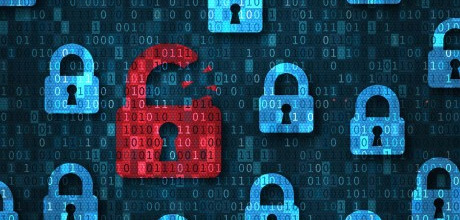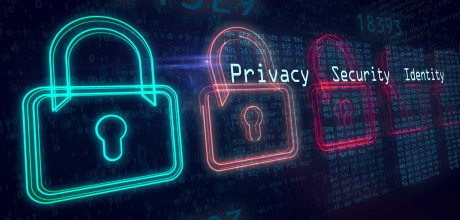Identity theft
What is identity theft?
Identity theft is the stealing and use of your personal data. This may happen online, through email or phone scams, spyware on your computer or even just stolen mail. Criminals are usually trying to steal money directly or to set up fake accounts in someone else’s name.
A stolen identity can be used to:
- apply for credit
- access personal and/or financial details
- open bank or utility accounts
- open mobile phone accounts
- access tax refunds
- create fake ID such as driver’s licences, passports, Medicare cards
- steal from bank accounts
- demand payments
- fraudulently claim government benefits
How do I know if I’m a victim of ID theft?
Here are some clues that have alerted other people that their ID has been stolen:
- you get an unexpected letter from a bank or the ATO
- you’re denied straightforward credit such as a store card or credit card limit increase
- you get emails from legitimate businesses about a purchase you never made
- your bank flags a suspicious credit card transaction
- you start getting calls from collections agencies for credit you know nothing about
- you stop receiving emails or paper statements for credit cards or bank accounts
- new licences, credit cards etc stop coming
- unusual transactions appear on statements or bills are suddenly a lot higher than normal
- there are unusual enquiries or changes to your credit report
Actions – reporting identity theft
Work out what type of identity document has been stolen and what it could affect, and remember that a fraudulent driver’s licence for example, can not only attract fines and demerit points but can also be used to open bank accounts etc. Contact all businesses and organisations you think may be affected and change relevant passwords and PINs.
Get your credit report from each of the three main credit reporting bodies in Australia. These reports will help you determine if someone has tried to fraudulently open a credit account (usually with a bank or a service provider) in your name.
As soon as you have a firm indication there is a problem, notify the police. Many organisations will require a police report before they can rectify the situation and cancel any credit that’s been opened in your name.
If you are not sure whether your ID has been stolen, you can call the free IDCare line on 1800 595 160
So how does it happen?
Identity thieves are incredibly smart and innovative. Theft can involve actually stealing (or fraudulently copying) things that identify you such as a driver’s licence, credit card, bank statement, tax return, salary slip, Medicare details etc.
Your identity can be stolen online through fraudulent emails, fake websites that ask for your details, spyware in your computer, unsecured wifi and internet connections, and online scams. Theft also happens via scam phone calls that can sound very genuine – often they’ll even refer to you by name and, like scam emails, often seem to come from legitimate businesses you deal with.
-
What if I think someone is impersonating me? How do I protect myself against ‘identity theft’
Identity theft is when someone pretends to be you in order to fraudulently borrow money from a lender or buy something on credit from a business. It often happens when someone steals your personal information. This could happen through someone stealing your mail from your letterbox or if you’re pickpocketed (especially if your passport is taken while you’re on holiday!). It could also happen if your personal information is stolen electronically (e.g. by ‘phishing’ or if you put too much personal information on your Facebook profile).
It can be a total pain if it happens to you. Often, the first indication that something is wrong is when you apply for a loan and get refused because there’s a default listed on the loan taken out by the fraudster.
However, there are things that you can do to limit the pain.
Firstly, talk to your local police station as they’ll want to take a report of the crime. Make sure you get a copy of the police report as it will help you deal with any credit providers that think they loaned money to you.
Secondly, contact each of the credit reporting bodies and ask for a ‘ban’ to be put on your credit report. This is free to do and means that any credit provider that tries to get a copy of your credit report (e.g. because the fraudster has applied for credit in your name) will be told that a ban is in place. This will signal to the lender that they shouldn’t approve the loan. The ban will stay on your report for 21 days, but can be extended by you.
If you (i.e. the real you) make an application while the ban is on your report, the credit provider can access your credit report with express written permission from you (although check with your credit provider to see what they do in these circumstances as some credit providers may prefer to wait until the ban is over before assessing your application).


